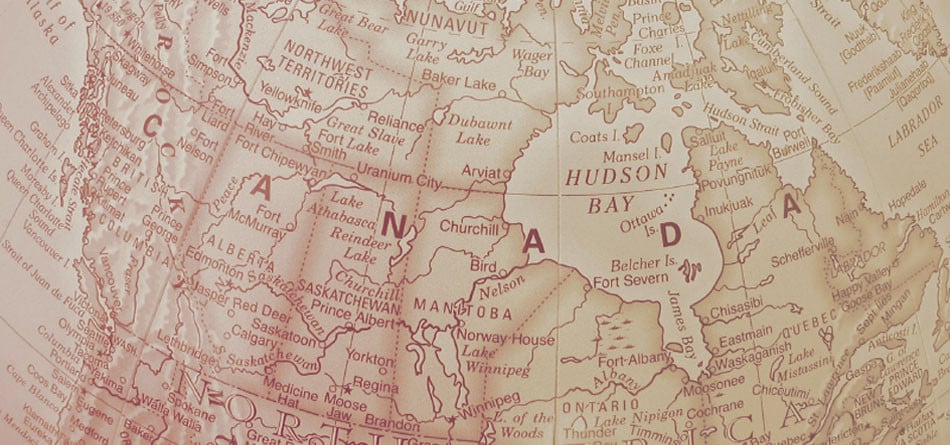It was a unanimous decision.
The Supreme Court of Canada last week gave its consent to the creation of a single and top Canadian Securities market regulator – its own version of the U.S.' Securities and Exchange Commission.
According to Canadian sources, the quest to create a national securities regulator goes back to 1935 – one corporate lawyer dubs it a “holy grail” of the capital markets – and calls for such a regulatory body have been strong since the 1970s.
Canada is the only G20 country that doesn’t have a national securities regulator.
Let's start with a brief history lesson.
Canadian securities regulation is managed through laws and agencies established by Canada's 13 provincial and territorial governments. Each province and territory has a securities commission or equivalent authority and its own piece of provincial or territorial legislation. It has been this way since 1912.
Each province has its own securities regulator, which is either a self-funded commission or an entity funded within a larger government department. The securities regulator administers the province's securities act and, correspondingly, promulgates its own set of rules and regulations. The securities regulator relies on the work of two national self-regulatory organizations, the IIROC (Investment Industry Regulatory Organization of Canada) and the MFDA (Mutual Fund Dealers Association) for most aspects of regulation of the organizations' member firms and their employees. Accountability for securities regulation extends from the securities regulator to the Minister responsible for securities regulation and, ultimately, the legislature, in each province.
The largest of the provincial regulators is the Ontario Securities Commission. Other significant provincial regulators are the British Columbia Securities Commission, the Alberta Securities Commission and the Autorité des marchés financiers for Québec.
In 2011, the Canadian Supreme Court voted down a similar proposal for a sole top regulator calling it unconstitutional. The Canadian constitution declares that it is the sole responsibility of its federal government to regulate and legislate on trade – the individual provinces watch over property issues. The justices in their opinion felt the provinces were responsible and better equipped to regulate the exchanges within their borders.
However, there was no opinion or ruling that said both the federal government and the provinces couldn’t work together to create a market top cop.
A few years back, the Canadian government submitted a plan for a new top regulator, the Capital Markets Regulatory Authority as a means to revisit the topic. Six provinces and one territory – Ontario, British Columbia, Saskatchewan, Prince Edward Island, New Brunswick and Yukon – have agreed to participate. Quebec and Alberta oppose the plan, structured as a co-operative agency run by those provinces and territories that choose to opt in.
However, after a lawsuit from Quebec, the plan was scuttled as the courts ruled it unconstitutional.
 Nick Savona, Independent Trading Group
Nick Savona, Independent Trading Group
In the recent decision, the Canadian Supreme Court noted that “a co-operative approach that permits a scheme that recognizes the essentially provincial nature of securities regulation while allowing Parliament to deal with genuinely national concerns remains available.”
As trading within Canada grows – both internally and externally – the need for a top cop has gained momentum. First, a single regulator can bring order and structure to the vast country and marketplace. Second, a single set of rules and governance can make prosecutions for malfeasance easier.
Nick Savona, CCO at Independent Trading Group and a Canadian market structure expert, told Traders Magazine that he believes a national regulator is in the best interest of the Canadian capital markets, investors and financial firms.
“The benefits of having a single national regulator are many,” Savona began. “Regulation of capital markets would be integrated and allow for harmonized policy development. Any decisions that are made in one province would apply across all provinces. We would have one uniform securities act with coordinated enforcement and, with some amendments, an independent tribunal.”
Also, Federal jurisdiction of managing systemic risk would be enhanced and Canada would have a stronger voice on the international stage.
“We are currently the only Western developed country without a national regulator,” Savona said. “Of course, establishing a national regulator must be done within the framework of our constitution, but the challenge of managing systemic risks in a more globalized world argues strongly in favor of greater harmony of securities regulation across the country.”














